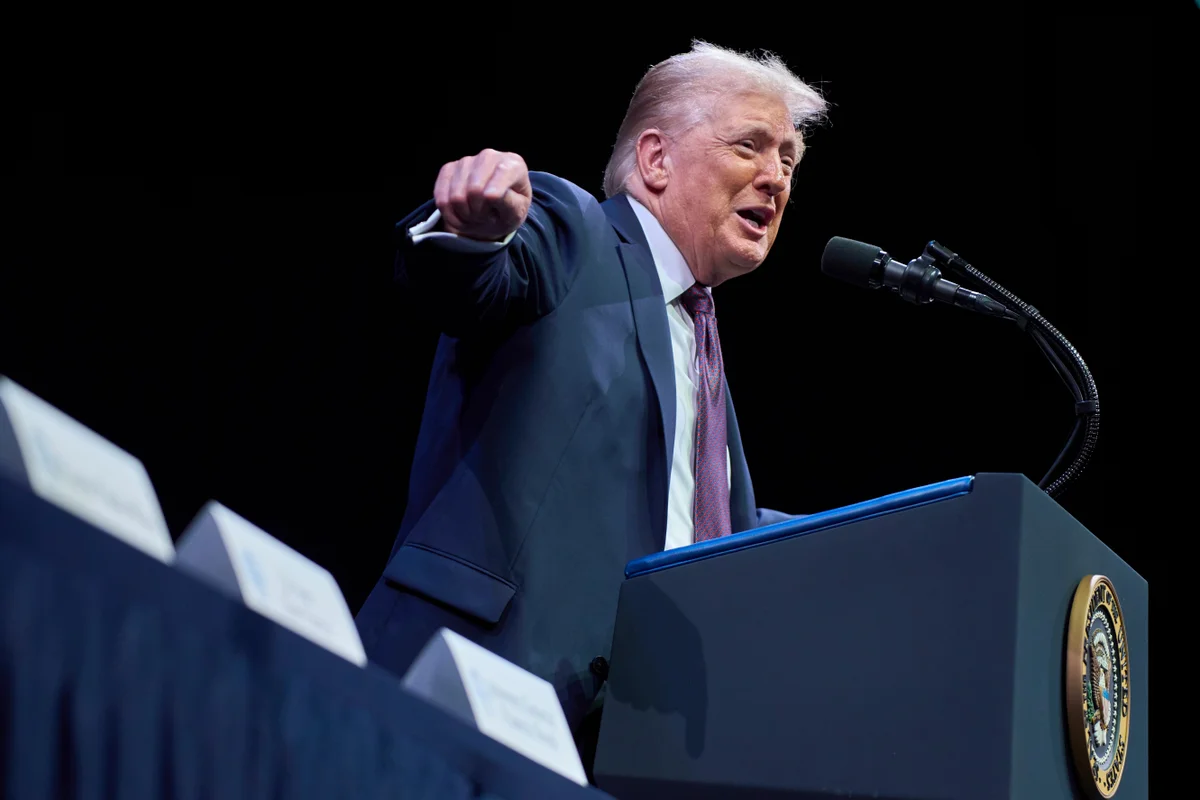By Julian Ryall
Copyright scmp

Japan will not recognise a Palestinian state at a UN meeting next week amid concerns that doing so could worsen the situation in the Middle East and hurt its ties with the United States, a move one analyst described as “embarrassing”.
Several US allies including Britain, Australia, Canada and France have said they will back the formal recognition of a Palestinian state during the United Nations General Assembly summit that begins on Monday.
But Tokyo’s position was influenced by the US, which “conveyed its opposition to Japan regarding the matter”, the Asahi Shimbun reported, citing government sources.
Japan has long advocated for a two-state solution that would see both Israel and Palestine exist alongside one another in peace. It also condemned Hamas’ October 7, 2023, attack on Israel, which triggered the Gaza war and resulted in the deaths of 1,219 people.
Israel’s retaliatory military campaign has killed more than 65,000 people in the besieged enclave, according to Gaza’s health ministry.
On Thursday, Foreign Minister Takeshi Iwaya said the new Israeli assault to take complete control of Gaza “will further aggravate the already dire humanitarian crisis” and could “undermine the very foundation of a two-state solution”.
“We strongly urge Israel to immediately take concrete measures to immediately end the dire humanitarian crisis … and to comply with international law, including international humanitarian law,” he added.
Prime Minister Shigeru Ishiba, who was scheduled to address the situation in Gaza and push for a two-state solution at the New York meeting, is not expected to take part in the discussions.
At present, around 150 countries recognise Palestine as a sovereign state.
“I find Japan’s position embarrassing,” said a Japanese academic, who asked not to be named, as he serves as an adviser to the government on foreign affairs.
“Japan said previously that it was ‘considering’ the situation, but deciding against recognising Palestine was almost certainly some kind of gesture to the US,” he said.
He added that while the US appears to have contacted Tokyo to express its opinion, the government would likely have reached the same conclusion anyway out of deference to Washington’s position.
“The decision was almost certainly the Japanese government being concerned about not causing more problems in the relationship with the US as there are already enough issues on trade and security that are under stress,” he said.
According to the academic, the compromise also placed Tokyo in a “weak position” because other US allies like the UK and Australia have said that while they saw themselves as firm partners, they disagreed with the Trump administration on the issue and would recognise Palestine.
“That is not a good look and it puts Japan in a weak position in comparison with the US’ other allies,” he said.
Robert Dujarric, co-director of the Institute of Contemporary Asian Studies at the Tokyo campus of Temple University, agreed that a phone call from the White House would probably not have been necessary to sway thinking in Tokyo, but ultimately Japan’s decision “does not really matter”.
“No one in the Middle East cares and the only nation that does matter for Japan on this issue is the US,” he told This Week in Asia. “Even if Japan had recognised Palestine, it would have had zero impact on the ground there, but it ran the risk of annoying Trump.”



